6 Manitoba voices on the 2015 federal budget

From new money for public transit projects toa doubling ofthe amount that Canadians can contribute to tax-free savings accounts, Manitobans are weighing in on various aspects of the 2015 federal budget, which was tabled by Finance Minister Joe Oliver on Tuesday.
- Federal budget 2015: Conservatives dig into contingency to hit surplus
- INTERACTIVE | Federal Budget 2015 overview
- Highlights of Joe Oliver's fiscal plan
- Read the budget document here (PDF)
Here is some of the local reaction to date:
Brian Bowman
Winnipeg's mayor says he's pleased to see dedicated funding for public transit in the form of a new federal fund that will increase to $1 billion per year by 2019.
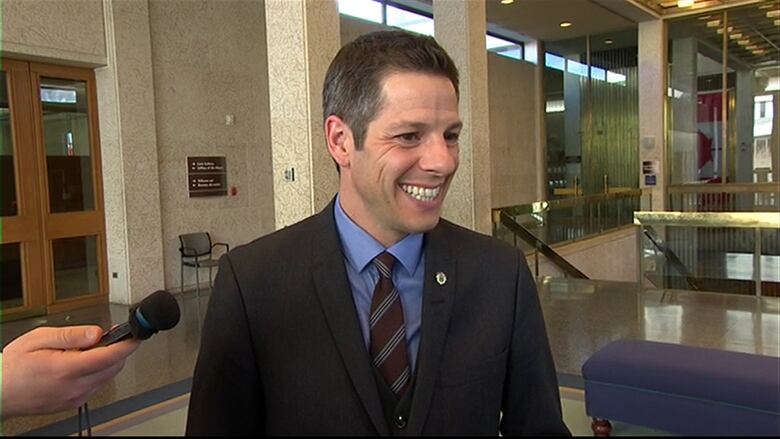
During last fall's civic election campaign, Bowman promised to not only complete the second phase of the city's bus rapid transit system, but to complete the entire network by 2030.
"It's going to be of great assistance to big cities across Canada, hopefully including here in Winnipeg, as we work to partner with other levels of government to move forward with our rapid transit plans," he said.
Bowman said he's also glad the federal government's Build Canada funds will continue.
"We've obviously got some big asks and priorities here in Winnipeg, and we're going to be working with our federal partners to secure those funds and see that we fund projects like the Waverley underpass and Marion [Street], of course," he said.
The mayor added that he's "very pleased" with the budget's plan to lower the tax burden on small businesses.
"That's something that this city council chose as a priority in this recent budget, and it's good to see that the federal government is also taking a path to reduce the tax burden on the job creators in our community," he said.
Elliot Sims
The budget's proposed tax cut for small businesses is exactly what Manitoba businesses need to spur confidence, says Elliot Sims, Manitoba director of provincial affairs with the Canadian Federation of Independent Business.
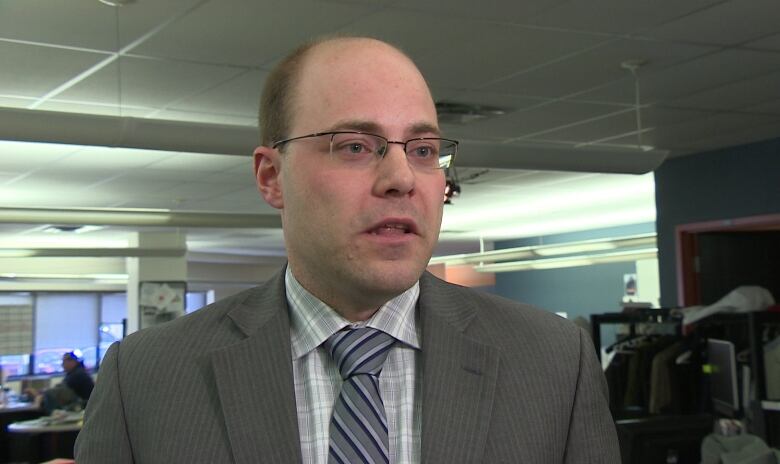
Under the budget, small businesses will see their tax rate reduced to 9 per cent from 11 per cent by 2019.
"We know that when those tax cuts occur, they reinvest it into their businesses and that means that there's that more money to create jobs and to expand the economy," Sims told CBC News.
The CFIB is applauding federal Finance Minister Joe Oliver for balancing the budget and for including other announcements, including:
- An increase to the Lifetime Capital Gains Exemption for farmers and fishermen to $1 million.
- An accelerated capital cost allowance for industry extended 10 years.
- Reductions in credit card processing fees and new rules in that field.
Christine Van Cauwenberghe
Retirees, pre-retirees and others who are saving money for the long term will benefit most from the budget, saysVan Cauwenberghe, vice-president of tax and estate planning with Investors Group in Winnipeg.
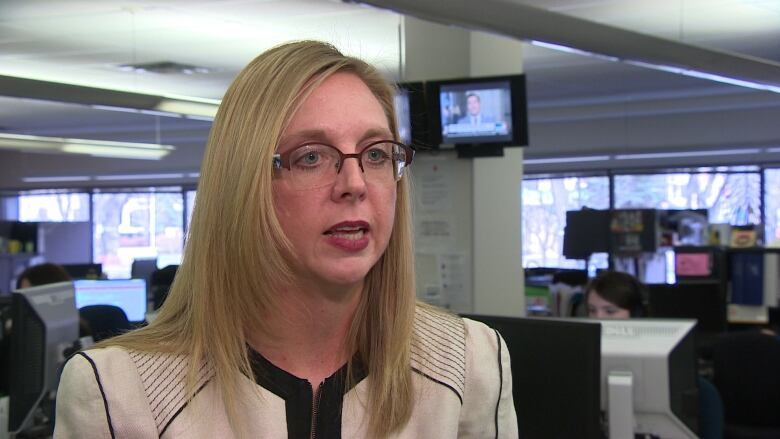
As well, seniors at age 71 can leave more money in their tax-sheltered Registered Retirement Income Funds each year to help their savings last longer.
Van Cauwenberghe said both measures mean Canadians will be able to protect their savings from being taxed for a longer period of time.
"For savers and people who are wanting to plan for the long term, there's going to be something there for them," she said.
At the same time, she noted, "It's not necessarily going to impact your tax return in the short term. There's not a lot of immediate benefit."
Meanwhile, the organization A&O: Support Services for Older Adults says the federal budget will not benefit most of its clients, who have lower incomes.
"The changes to the federal budget will not benefit the majority of clients we provide programs and services to. Many of our clients do not have retirement nest eggs to manage," it said in a statement.
Greg Dewar
Manitoba's finance minister says the federal budget does not offer the provinces enough money for infrastructure or health care.
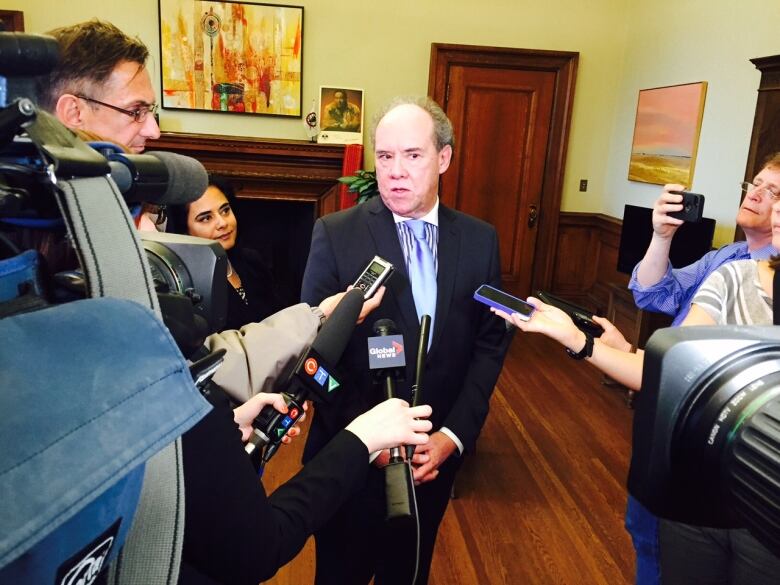
He said the need for infrastructure, and for job-creation that results from infrastructure spending, is much higher.
Dewar added that federal transfer payment levels for health care, which were first announced last fall, are not keeping up with growing demands on the system.
The minister said the province will feel the pinch of Ottawa's moves to raise the tax-free savings account maximum and ease rules for registered retirement income funds.
He says because the province cost-shares those tax changes, Manitoba will lose about $8 million a year in revenue.
Marianne Hladun
The regional executive vice-president (Prairies) with the Public Service Alliance of Canadasays the federal Conservative government is taking away bargaining rights with its latest budget.
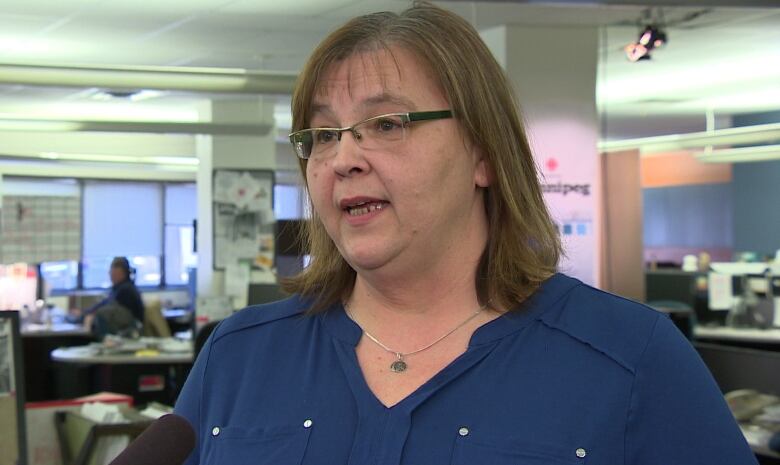
"Employees are going to have to make the choice to go to work sick. If they cannot afford the seven-day no-pay waiting period that the government is proposing, if they can't get approved by a private insurance corporation, they will go to work sick."
Bob Moroz
The president ofthe Manitoba Association of Health Care Professionals, which represents more than 3,600 pharmacists, occupational therapists and other health-care workers in the province, says the budget falls short when it comes to funding the health-care system.
At the same time, Moroz saidhe's encouraged to see thatEI benefits to care for a sick or dying relative will be extended to six months from the current six weeks.
In a news release, Moroz said the extension is an "important step in the right direction" when it comes to helping families that are going through serious health situations.
"Our members see first-hand the toll this hardship can take on families," he said.
"Making it easier for a caregiver to take time off would be a benefit to the patient and the entire health care system."
With files from The Canadian Press












_(720p).jpg)


 OFFICIAL HD MUSIC VIDEO.jpg)
.jpg)



























































































